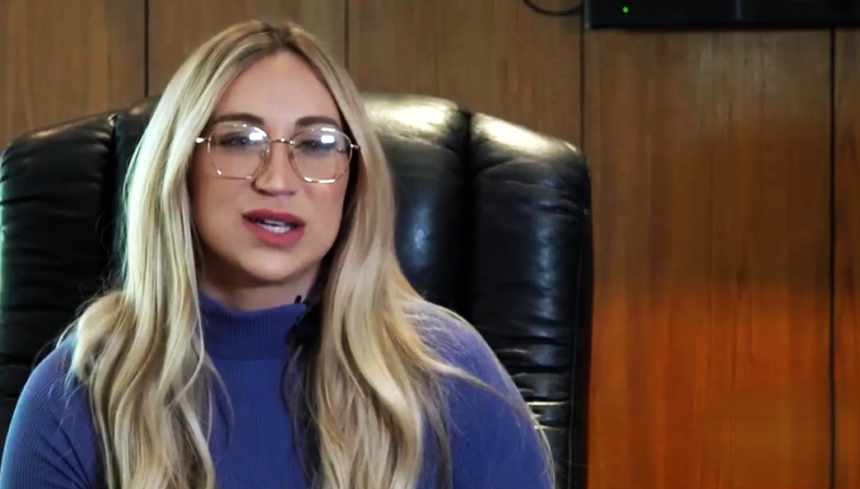The recent story involving Brianna Coppage has captured widespread attention, drawing focus to discussions surrounding personal privacy, workplace ethics, and the blurred lines between personal and professional lives. This article delves into the key aspects of the situation, its broader social implications, and why this case has become such a focal point in today’s evolving digital landscape.
The Background: Who Is Brianna Coppage?
Brianna Coppage, a former high school teacher, found herself at the center of a public controversy after it was revealed that she had an account on a subscription-based content platform. The account featured content that some consider inappropriate for a public educator. This revelation led to significant backlash, ultimately resulting in Coppage’s resignation.
The situation raises important questions about personal autonomy, the role of educators, and how societal standards are evolving in a digital age. Should a person’s career be judged based on their activities outside the workplace? This story is a reflection of the ongoing debate regarding individual rights versus professional responsibilities.
The Fallout: Resignation and Public Reaction
The discovery of Coppage’s online presence ignited immediate reactions from various stakeholders—students, parents, colleagues, and the broader public. Under pressure, Coppage resigned from her teaching role. The swift nature of her departure highlights the challenges educators face when navigating personal freedoms while upholding societal expectations. Her case sparked conversations about the fairness of such decisions and whether employers should have a say in their employees’ private lives.
The public reaction was polarized. Some defended Coppage’s right to engage in any legal activity during her free time, while others argued that as a public servant, she held a responsibility to maintain a certain standard of conduct. These debates underscore the ongoing cultural clash between traditional values and modern perspectives.
Ethical Questions and the Digital Age
The Brianna Coppage case is emblematic of larger ethical dilemmas in the digital era. The increasing integration of personal and professional identities online has blurred the lines between what is considered acceptable behavior for professionals. Educators, in particular, find themselves under intense scrutiny, as they are expected to be role models both in and out of the classroom.
The digital age has also introduced complex issues regarding privacy. While Coppage’s actions were within her rights, the public exposure of her online content raises concerns about the extent to which people’s private lives are monitored and judged. Stories like these serve as test cases for society’s evolving standards in an age where social media frequently dictates personal branding.
Legal and Social Considerations
From a legal standpoint, this case touches on questions of freedom of expression and the boundaries of employer control. In many regions, laws protect individuals from being fired for legal activities conducted during their personal time. However, the court of public opinion often supersedes legal protections, especially in professions like education, where moral standards are rigidly upheld.
Social considerations also come into play. Educators are often held to higher ethical standards due to their influence on young minds. Society’s expectations of teachers remain rooted in traditional ideas of morality, which sometimes clash with the more liberal attitudes fostered by the internet age. This tension reflects a society in flux, caught between old and new paradigms.
Broader Implications: Privacy, Employment, and Online Presence
The Brianna Coppage story is not just about one person’s life being upended; it’s a mirror reflecting larger societal trends. As more people create digital footprints that blend the personal and the professional, cases like these will continue to arise. The increasing publicization of private life invites debate on where the line should be drawn.
Privacy in the digital age is becoming an increasingly rare commodity. Employers, educators, and society at large must grapple with defining the boundaries of acceptable behavior, both online and offline. The Coppage case serves as a cautionary tale for professionals in any field—highlighting the importance of understanding the potential repercussions of maintaining a visible and potentially controversial online presence.
Conclusion
The Brianna Coppage case is a prime example of the complexities surrounding privacy, professional expectations, and digital presence in today’s society. It raises questions that do not have easy answers, highlighting the ongoing tension between personal freedom and professional duty. As the world becomes increasingly digitized, these challenges are likely to become even more pronounced, requiring nuanced discussions and updated frameworks for understanding the rights and responsibilities of individuals in the workplace.



